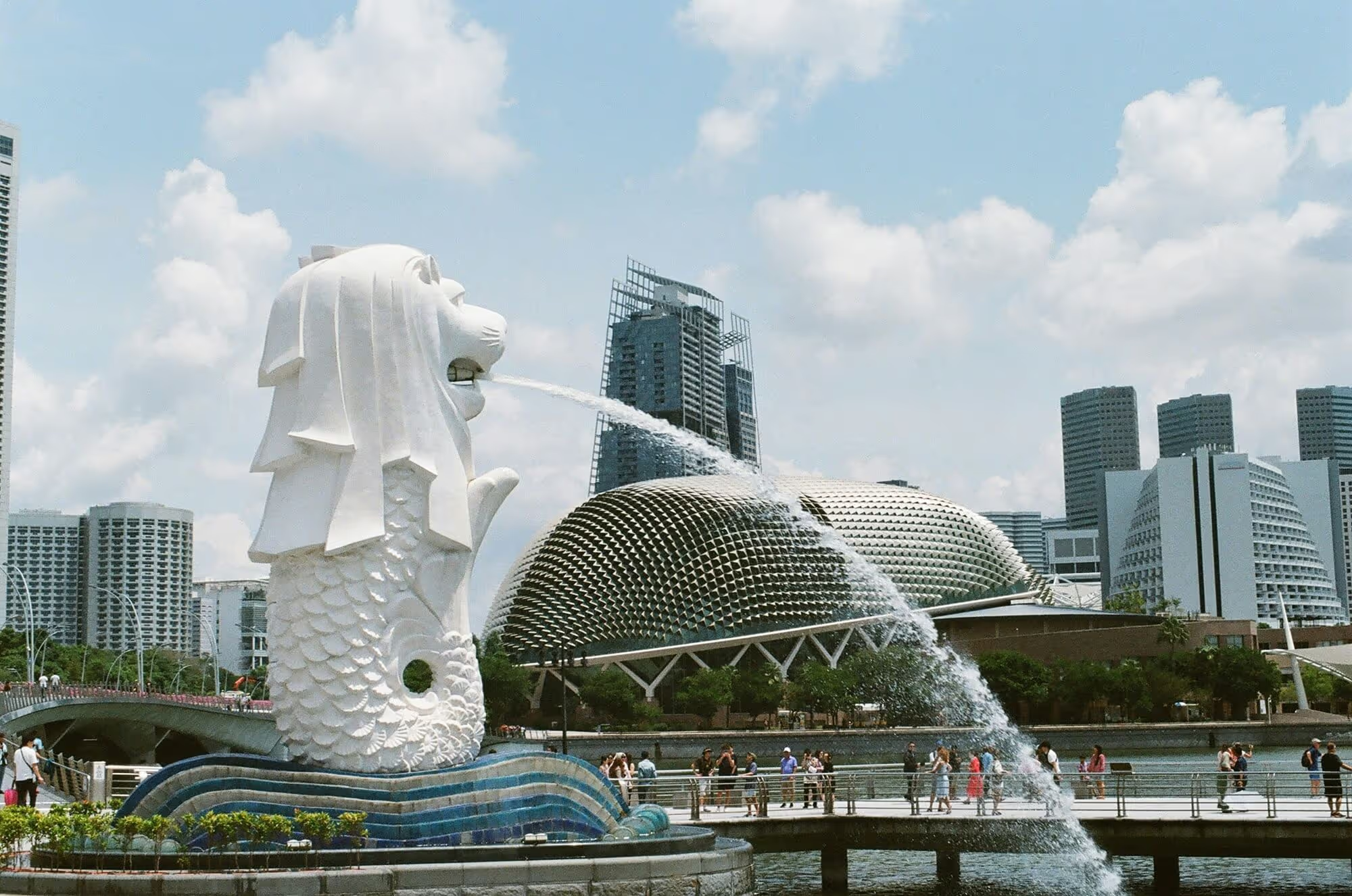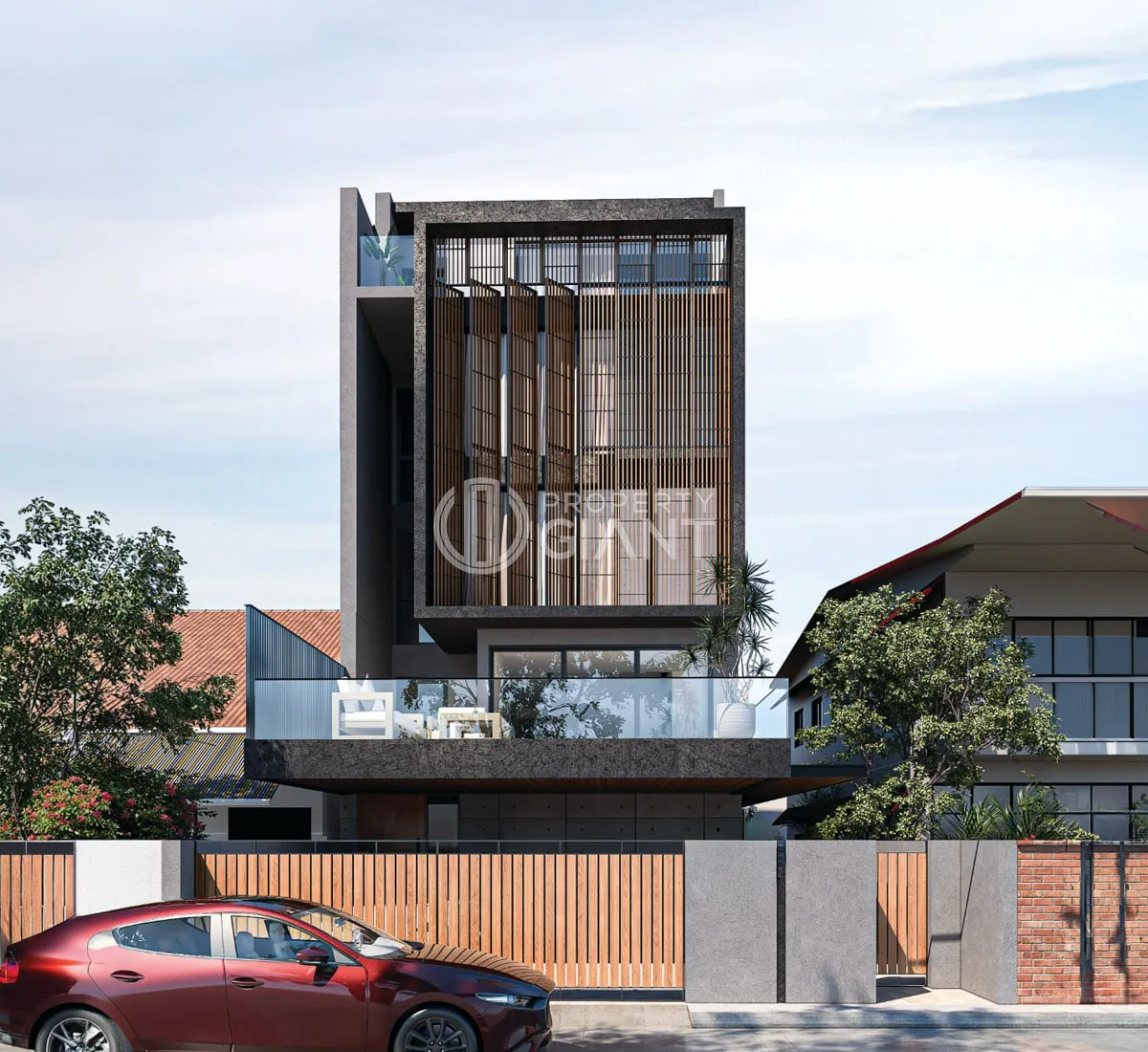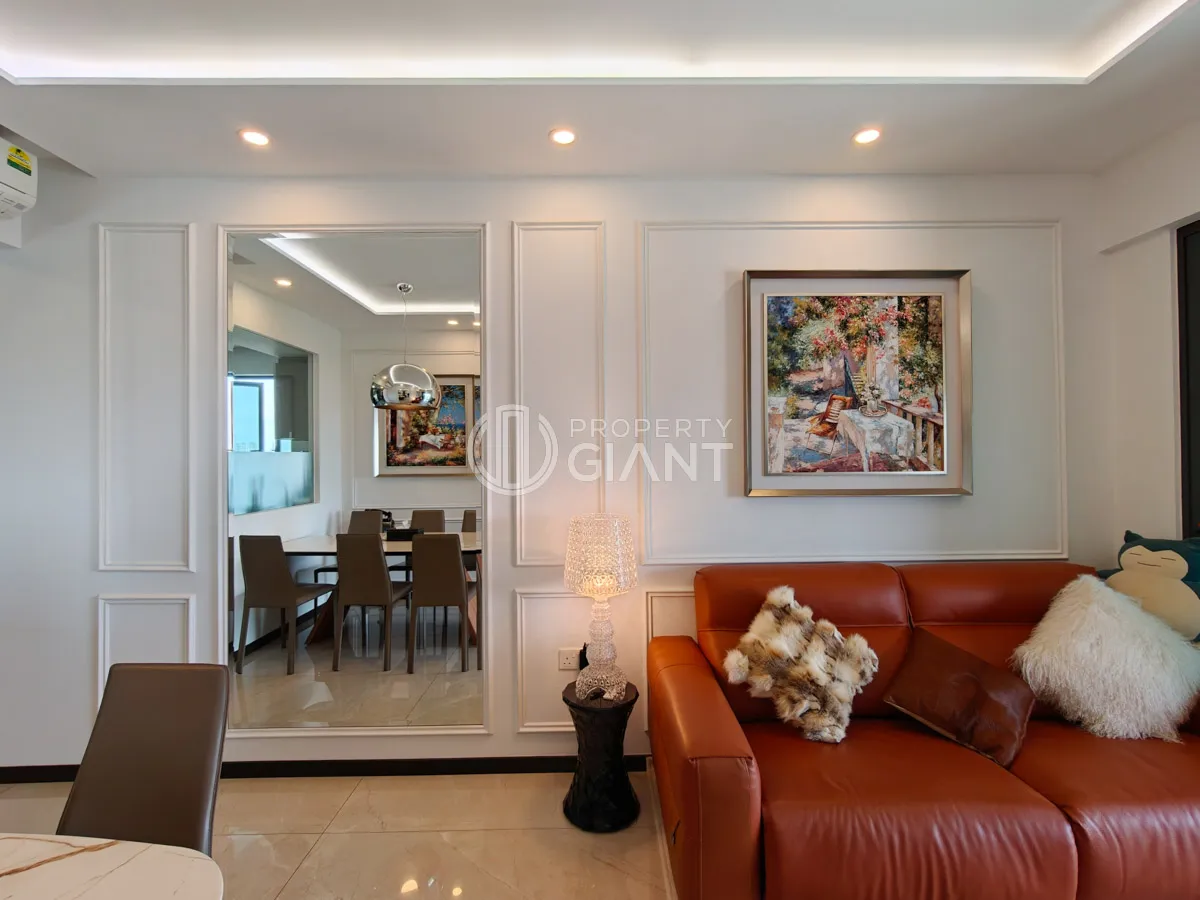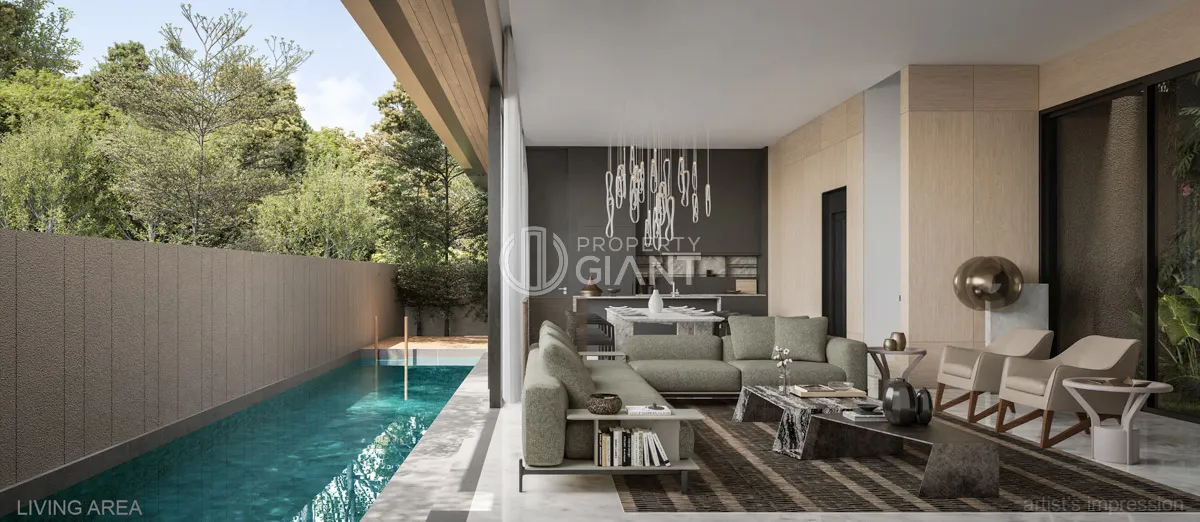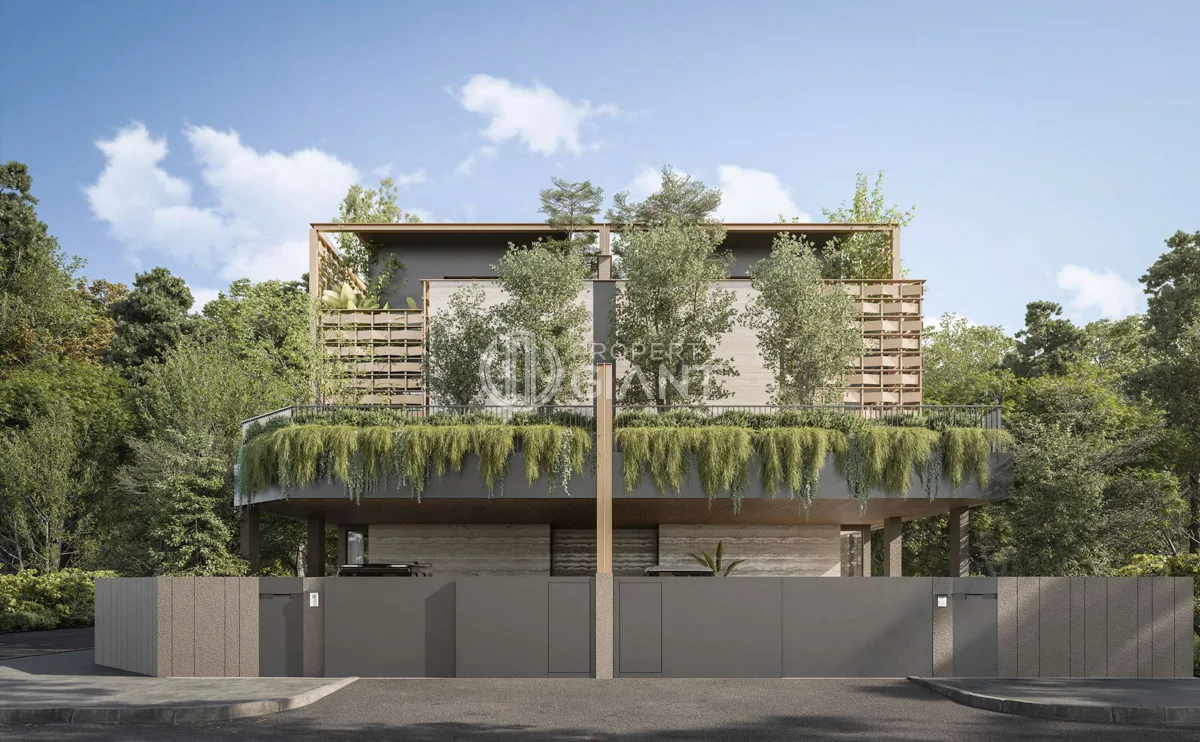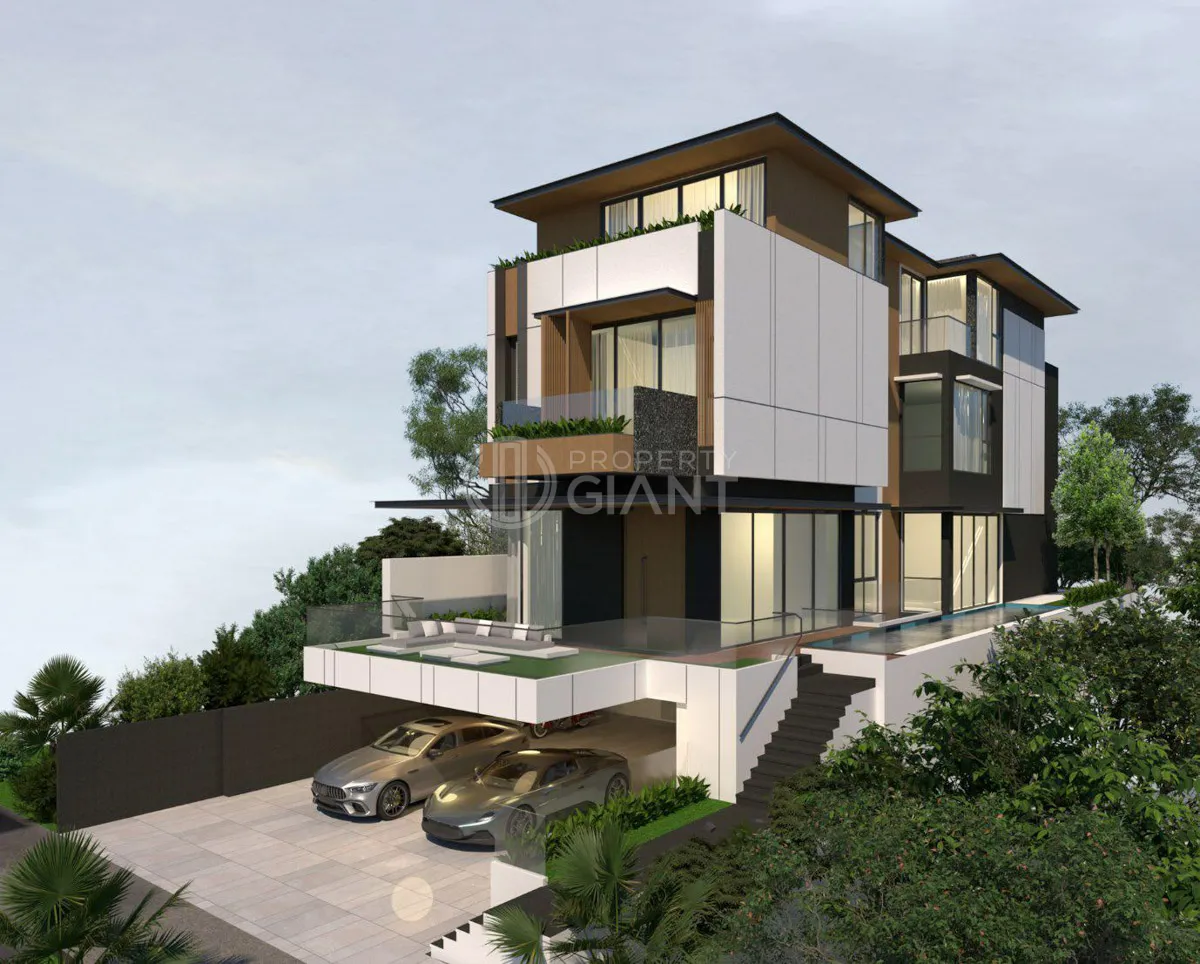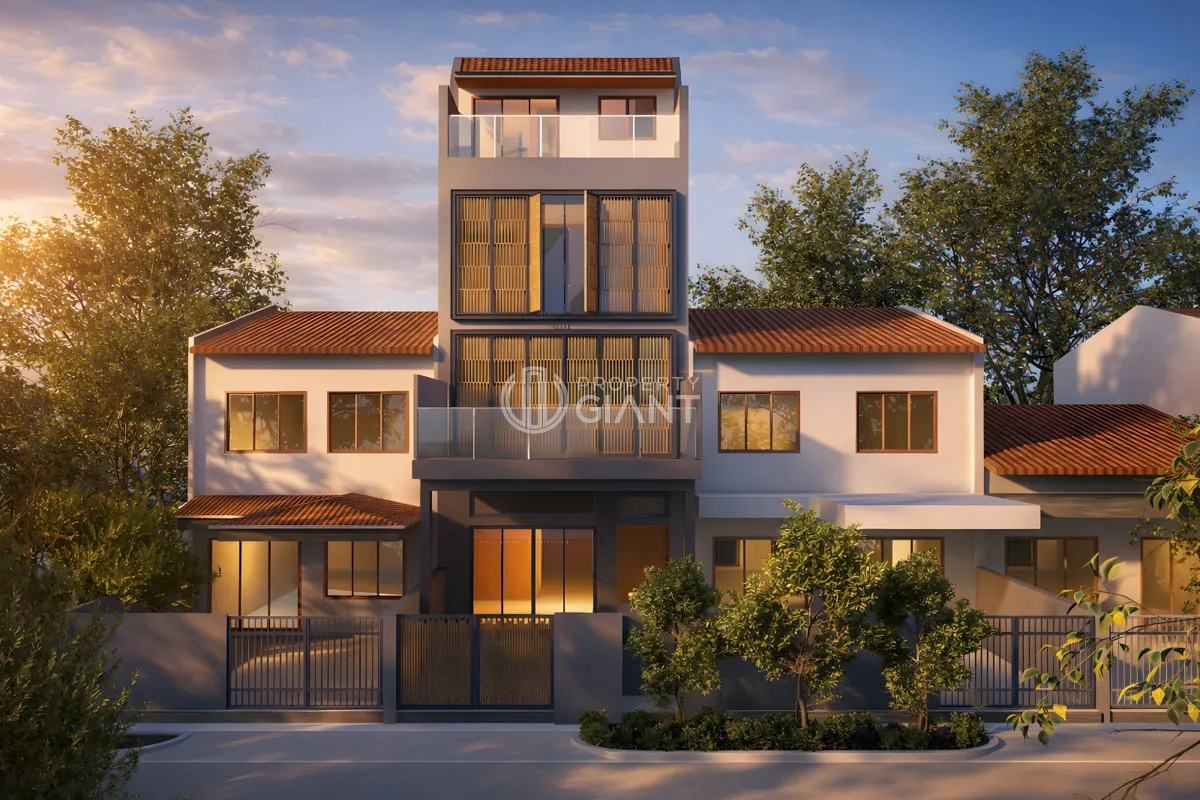Singapore’s leasehold properties, whether HDB flats or private units, have always carried an expiry date.
Recently, Temasek Trust chairman Ho Ching reminded owners not to expect “perpetual goodies” from the government, a candid warning that underscores the reality: once a lease runs down, a property’s value eventually falls to zero.
Why Leasehold Properties in Singapore Decline in Value
- Most leasehold properties start appreciating in their early decades, but their value weakens once the lease dips below 60 - 70 years
- Financing becomes harder to secure for buyers when properties fall into the 40-year range, shrinking demand and lower resale value
- Without timely intervention, ageing estates risk deterioration, a concern highlighted by Ho Ching as a potential source of “urban slums”
Redevelopment Schemes: VERS vs SERS Explained
- The Selective En Bloc Redevelopment Scheme (SERS) is rare and highly selective, offering generous compensation but benefitting only a few estates
- The Voluntary Early Redevelopment Scheme (VERS) is broader in scope, but compensation is expected to be less generous and depends on resident voting
- Minister Desmond Lee has emphasised that not all flats will be covered, and frameworks are still under review
How Expiring Leases Affect Owners and Families
- Elderly owners who purchased flats decades ago are now living in homes with shorter leases, which may not retain much market value
- Families who inherit flats with only 20 - 30 years left may face challenges selling or refinancing them
- Unmarried children staying in their parents’ flats could be left with few housing options once leases run down
Planning Ahead as a Homeowner
Ho Ching’s remarks serve as a reality check. Instead of hoping for sweeping interventions, owners should plan ahead:
- Consider selling before your flat’s lease falls too far below 60 years, when financing restrictions tighten
- Upgrade to a younger property to preserve long-term value and avoid uncertainty
- Stay engaged with redevelopment options and vote wisely if your estate is selected

Key Takeaway
Leasehold properties are valuable assets, but only for a time. Homeowners should plan early to protect their financial position, rather than rely on government schemes that may not apply to every estate.
At PropertyGiant Singapore, we help clients evaluate the best time to sell, upgrade, or prepare for redevelopment, ensuring that their housing decisions remain both financially sound and future-proof.
FAQs: Leasehold Property in Singapore
What happens when a 99-year HDB lease in Singapore expires?
When the lease ends, the flat reverts to the state. Owners receive no compensation unless the property is selected for redevelopment schemes such as SERS or VERS.
Can I sell my HDB flat in Singapore if it has less than 30 years left on the lease?
Yes, but the buyer pool is very limited. Most banks restrict home loans for flats with short leases, making it harder to sell and reducing resale value significantly.
What is the difference between SERS and VERS?
SERS (Selective En Bloc Redevelopment Scheme) is rare and offers generous compensation but only applies to certain estates. VERS (Voluntary Early Redevelopment Scheme) covers more flats, but compensation is expected to be lower and depends on residents voting in favour.
How does a short HDB lease affect property value and financing?
Flats with less than 60 years left see declining resale value. Once the lease falls under 40 years, financing options become highly restricted, limiting the number of potential buyers.

